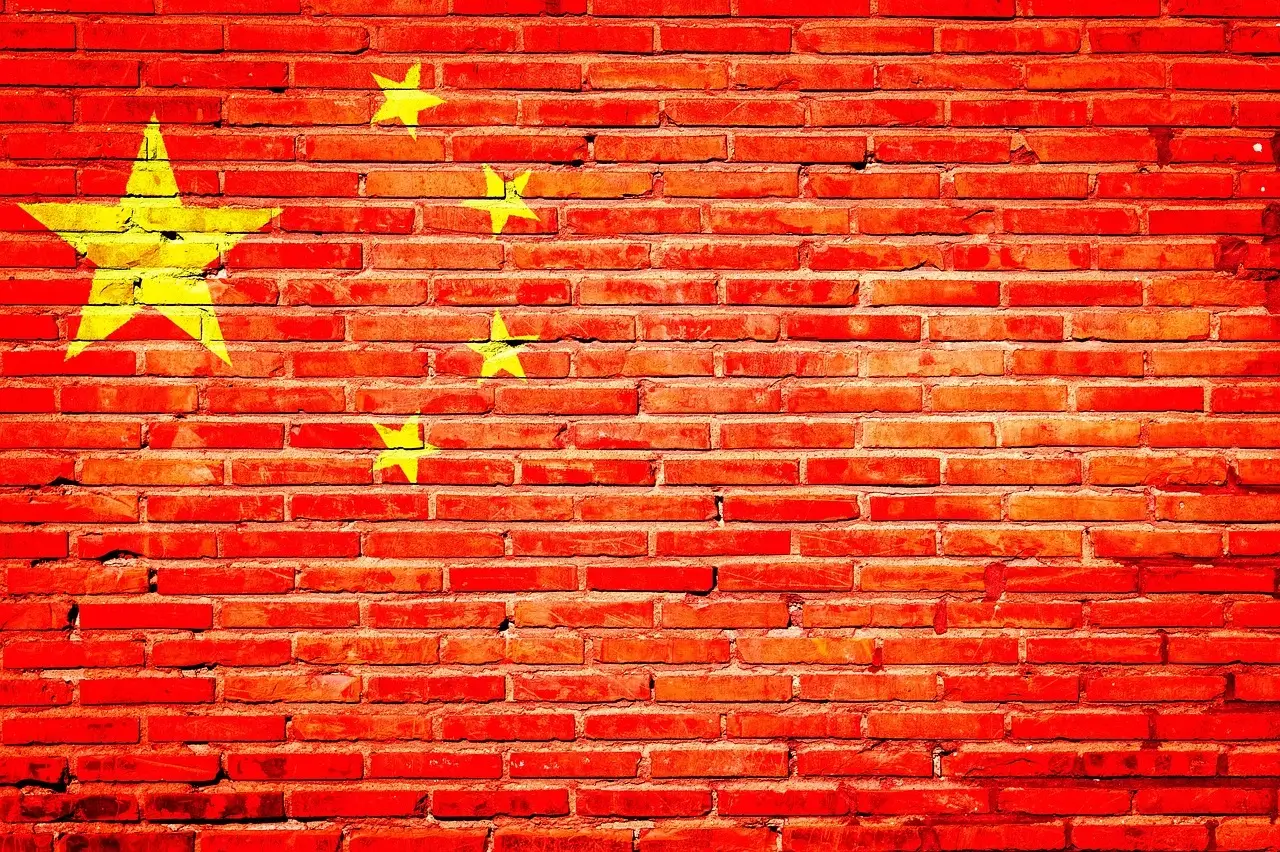China Accused of Using AI to Spread Propaganda
09.04.2025 16:00 2 min. read Alexander Stefanov
Taiwan has accused China of using advanced artificial intelligence to spread divisive messages aimed at destabilizing the island.
According to Taiwan’s National Security Bureau, China has stepped up its influence campaigns, targeting social media platforms to create rifts among Taiwanese citizens. These efforts are seen as part of a broader strategy to pressure Taiwan into acknowledging Beijing’s claims of sovereignty.
Recent reports reveal that over half a million misleading posts have been identified, primarily circulating on Facebook and TikTok. The disinformation is often timed to coincide with sensitive political moments, such as speeches by Taiwan’s leaders and major business announcements like TSMC’s investments in the U.S. This coordinated campaign is believed to be driven by China’s use of AI, which is increasingly sophisticated and capable of generating content at scale.
In addition to the online disinformation, Beijing’s actions have escalated in recent months. Chinese military drills have been conducted near Taiwan, with naval and air operations designed to demonstrate China’s growing military presence.
These exercises are widely interpreted as warnings against Taiwan pursuing any form of independence. The latest round of drills occurred in early April, coinciding with heightened tensions following President Lai Ching-te’s comments on Taiwan’s sovereignty.
Meanwhile, Taiwan’s government has condemned China’s actions, emphasizing its readiness to defend its independence. The Taiwanese government has also rejected Beijing’s portrayal of President Lai as a “separatist,” maintaining that only Taiwan’s people can decide their future. Despite China’s increasing military presence, Taiwan remains firm in its commitment to self-rule, with widespread international concern over Beijing’s growing influence in the region.
-
1
UK Regulators Unveil PISCES – A New Era for Private Share Trading
11.06.2025 15:00 2 min. read -
2
Trump Turns 79 With Billions in Crypto and a $45M Parade
14.06.2025 22:00 2 min. read -
3
Polygon Breaks from Decentralization as Sandeep Nailwal Assumes Full Control
11.06.2025 20:00 2 min. read -
4
KuCoin Plants Its Flag in Bangkok With a Licensed Thai Exchange
14.06.2025 13:00 1 min. read -
5
Nvidia CEO Urges UK to Invest in AI Infrastructure or Risk Falling Behind
10.06.2025 9:00 1 min. read
History Shows War Panic Selling Hurts Crypto Traders
Geopolitical conflict rattles markets, but history shows panic selling crypto in response is usually the wrong move.
At Least Five Law Firms Target Former Strategy Over Misleading BTC Risk Disclosures
Bitcoin-focused investment firm Strategy Inc. (formerly MicroStrategy) is facing mounting legal pressure as at least five law firms have filed class-action lawsuits over the company’s $6 billion in unrealized Bitcoin losses.
SoFi Returns to Crypto with Trading, Staking, and Blockchain Transfers
Digital banking platform SoFi Technologies is making a strong return to the cryptocurrency space, relaunching its crypto trading and blockchain services after stepping away from the sector in late 2023.
Chinese Tech Firms Turn to Crypto for Treasury Diversification
Digital assets are gaining ground in corporate finance strategies, as more publicly traded companies embrace cryptocurrencies for treasury diversification.
-
1
UK Regulators Unveil PISCES – A New Era for Private Share Trading
11.06.2025 15:00 2 min. read -
2
Trump Turns 79 With Billions in Crypto and a $45M Parade
14.06.2025 22:00 2 min. read -
3
Polygon Breaks from Decentralization as Sandeep Nailwal Assumes Full Control
11.06.2025 20:00 2 min. read -
4
KuCoin Plants Its Flag in Bangkok With a Licensed Thai Exchange
14.06.2025 13:00 1 min. read -
5
Nvidia CEO Urges UK to Invest in AI Infrastructure or Risk Falling Behind
10.06.2025 9:00 1 min. read


